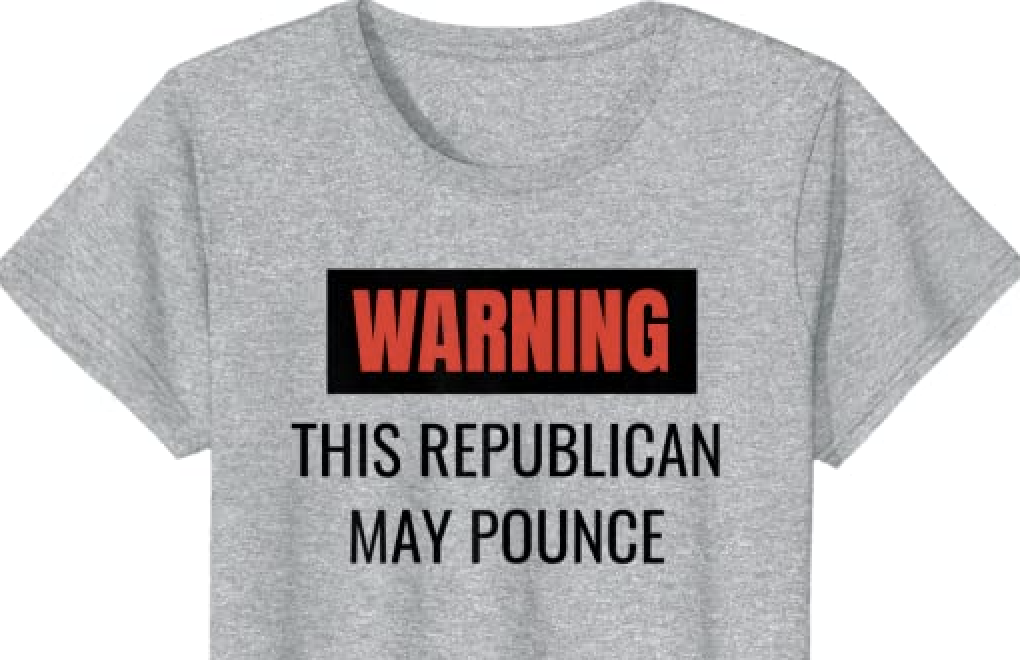Let’s start here: I am a journalist who is married to a librarian. When it comes to First Amendment issues, we are old-school liberals. However, there are times when — in debates involving public schools, tax dollars and parental rights (without “scare quotes”) — there are First Amendment tensions that cannot be denied.
Week after week, I keep reading angry mainstream-press reports covering battles about removing LGBTQ-audience books from the libraries of schools in various red zip codes across America.
I confess that I am confused about what is happening in many of these debates. I assume that the content of proposed legislation is different in various states, but it’s hard to know the details in the news coverage. In particular, it’s hard to know if books are being removed from (a) mandatory classroom assignments, (b) recommended sex-education lists promoted to students or (c) library bookshelves — period.
Also, I am having trouble understanding the specifics of why parents are upset (and these concerns may vary from case to case). Most news reports stress that conservative (read “traditional” religious believers, either Christian, Jewish or Muslim) parents are upset about all LGBTQ content.
However, if and when journalists deem to quote parents, the parents seem upset about visual images and graphic stories that they consider to be pornographic or not age-appropriate for their children. Are their concerns valid? It’s hard to make judgements about that — since news reports never describe the details of their concerns, perhaps because the content is too strong for publication in newspapers.
With these questions in mind, let’s look at a recent Associated Press report that ran with this headline: “School library book bans are seen as targeting LGBTQ content.” Note that the headline seems to assume that books are banned from library shelves and that’s that. Here is the overture:
DES MOINES, Iowa (AP) — Teri Patrick bristles at the idea she wants to ban books about LGBTQ issues in Iowa schools, arguing her only goal is ridding schools of sexually explicit material.
Sara Hayden Parris says that whatever you want to call it, it’s wrong for some parents to think a book shouldn’t be readily available to any child if it isn’t right for their own child.










